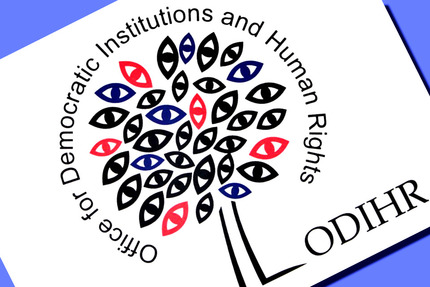The 2019 parliamentary elections in Uzbekistan took place under improved legislation and with greater tolerance of independent voices but did not yet demonstrate genuine competition and full respect of election day procedures.
These are some of the main conclusions from the final report on the Uzbekistan elections from 22 December 2019, as published by the OSCE Office for Democratic Institutions and Human Rights (ODIHR).
The final report also states that parliamentary elections in Uzbekistan showed the need for ongoing reforms to continue and be accompanied by more opportunities for grassroots civic initiatives.
This document offers 32 recommendations to further enhance the conduct of elections in Uzbekistan. They are also meant to support efforts of aligning it with OSCE commitments as well as other international obligations and standards for democratic elections.
Recommendations
Key recommendations include:
- removing disproportionate or discriminatory legal provisions that obstruct the formation and functioning of political parties
- ensuring the interpretation and implementation of freedom of association legislation helps to promote pluralism
- aligning legislation on freedom of political and civic association, assembly and expression and its implementation with democratic principles
- revising media laws to ensure full protection of the freedom of expression and equal access to information for journalists
- granting civic associations and non-governmental organisations the right to independently scrutinise the electoral process
- increasing transparency through timely publication of preliminary and final election results for each constituency and polling station
- increasing efforts to eradicate the recurrent and serious problems of multiple and proxy voting
- ensuring honesty and commitment to the vote count procedures
- prosecuting those who knowingly falsify election results
ODIHR deployed an Election Observation Mission on 25 November 2019 to observe the parliamentary elections. All 57 countries across the OSCE region have formally committed to following up promptly on ODIHR’s election assessments and recommendations.














